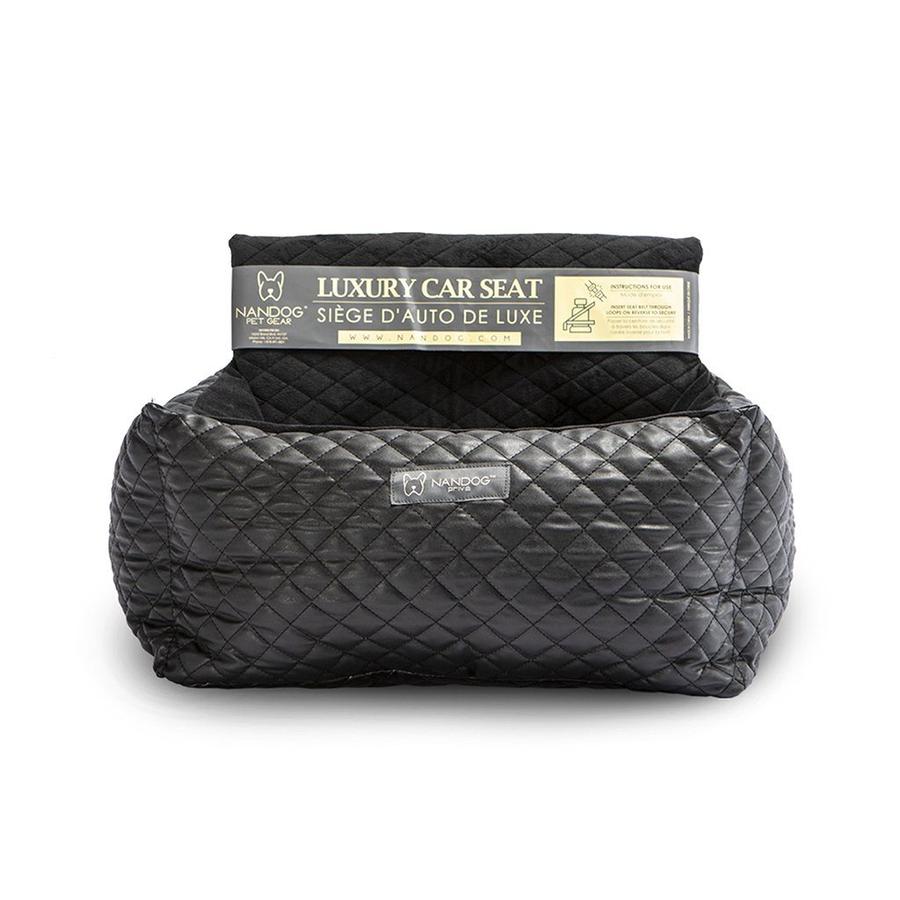What is Vegan Leather? A Comparison to Traditional Natural Leather
By:Admin

Vegan Leather: A Sustainable Alternative to Traditional Leather
In recent years, veganism has gained significant traction as a lifestyle choice. As a result, the demand for vegan-friendly products has also skyrocketed across various industries. In the automotive world, one notable shift has been towards the use of vegan leather as a trim choice for new cars. With growing concerns about animal welfare and the environmental impact of traditional leather production, many car manufacturers are embracing this leather-like material. But what exactly is vegan leather, and how does it compare to its natural counterpart?
Vegan leather, also known as synthetic or faux leather, is a man-made material that mimics the look and feel of traditional leather, while being cruelty-free and more environmentally friendly. The most common types of vegan leather are made from polyvinyl chloride (PVC) or polyurethane (PU) and are often referred to as PVC leather or PU leather, respectively. These materials are derived from petroleum-based sources, making them inherently synthetic.
PVC vegan leather is a versatile material that offers a range of advantages. It is highly durable, making it resistant to scratches, tears, and abrasions. Additionally, it is water-resistant, which allows for easy cleaning and maintenance. PVC vegan leather also provides a consistent texture and appearance, allowing for uniformity in car interiors. Furthermore, it is cost-effective compared to natural leather, making it an attractive option for consumers.
On the other hand, PU vegan leather is an alternative synthetic material with different characteristics. PU leather is softer and more flexible, giving it a texture similar to that of genuine leather. This material tends to be more breathable, providing comfort during long drives. However, PU vegan leather may not be as durable as PVC vegan leather, with a higher risk of wear and tear over time.
One of the main advantages of vegan leather is its reduced impact on animal welfare. Traditional leather is sourced from animal hides, which involves the slaughter of animals. By opting for vegan leather, car manufacturers can meet the demands of ethically conscious consumers without compromising on style and quality.
Vegan leather is also considered more environmentally friendly than traditional leather. The production of natural leather involves a complex and resource-intensive process. It requires large amounts of water, energy, and toxic chemicals such as chromium salts, which pose a significant risk to both workers and the environment. In contrast, vegan leather requires fewer resources, less water, and does not involve harmful chemicals. This makes it a more sustainable option, particularly as concerns about climate change and ecological impact continue to grow.
However, it is important to note that vegan leather is not a perfect solution. The production of PVC vegan leather releases harmful toxins, including dioxins, during manufacturing. Additionally, PVC is not biodegradable, which presents challenges for its disposal. On the other hand, PU vegan leather is more environmentally friendly as it is a water-based material and does not release dioxins during production. However, PU is not biodegradable either, which raises concerns about its long-term impact.
The automotive industry is adapting to the increasing demand for vegan-friendly cars. Many manufacturers are now offering vegan leather as a standard trim option or as part of an optional package. This shift demonstrates a commitment to sustainability and a recognition of changing consumer preferences. However, it is essential for car buyers to research and ensure the materials used in vegan leather align with their personal values and environmental goals.
In conclusion, vegan leather made from PVC or PU is a viable alternative to traditional leather, offering a cruelty-free and more sustainable option. While both materials have their pros and cons, they provide car manufacturers with an opportunity to cater to the growing demand for ethically conscious products. As the pursuit of sustainable solutions continues, the automotive industry will likely see further advancements in vegan leather production, ensuring a brighter and more sustainable future for vehicles and car owners alike.
In recent years, veganism has gained significant traction as a lifestyle choice. As a result, the demand for vegan-friendly products has also skyrocketed across various industries. In the automotive world, one notable shift has been towards the use of vegan leather as a trim choice for new cars. With growing concerns about animal welfare and the environmental impact of traditional leather production, many car manufacturers are embracing this leather-like material. But what exactly is vegan leather, and how does it compare to its natural counterpart?
Vegan leather, also known as synthetic or faux leather, is a man-made material that mimics the look and feel of traditional leather, while being cruelty-free and more environmentally friendly. The most common types of vegan leather are made from polyvinyl chloride (PVC) or polyurethane (PU) and are often referred to as PVC leather or PU leather, respectively. These materials are derived from petroleum-based sources, making them inherently synthetic.
PVC vegan leather is a versatile material that offers a range of advantages. It is highly durable, making it resistant to scratches, tears, and abrasions. Additionally, it is water-resistant, which allows for easy cleaning and maintenance. PVC vegan leather also provides a consistent texture and appearance, allowing for uniformity in car interiors. Furthermore, it is cost-effective compared to natural leather, making it an attractive option for consumers.
On the other hand, PU vegan leather is an alternative synthetic material with different characteristics. PU leather is softer and more flexible, giving it a texture similar to that of genuine leather. This material tends to be more breathable, providing comfort during long drives. However, PU vegan leather may not be as durable as PVC vegan leather, with a higher risk of wear and tear over time.
One of the main advantages of vegan leather is its reduced impact on animal welfare. Traditional leather is sourced from animal hides, which involves the slaughter of animals. By opting for vegan leather, car manufacturers can meet the demands of ethically conscious consumers without compromising on style and quality.
Vegan leather is also considered more environmentally friendly than traditional leather. The production of natural leather involves a complex and resource-intensive process. It requires large amounts of water, energy, and toxic chemicals such as chromium salts, which pose a significant risk to both workers and the environment. In contrast, vegan leather requires fewer resources, less water, and does not involve harmful chemicals. This makes it a more sustainable option, particularly as concerns about climate change and ecological impact continue to grow.
However, it is important to note that vegan leather is not a perfect solution. The production of PVC vegan leather releases harmful toxins, including dioxins, during manufacturing. Additionally, PVC is not biodegradable, which presents challenges for its disposal. On the other hand, PU vegan leather is more environmentally friendly as it is a water-based material and does not release dioxins during production. However, PU is not biodegradable either, which raises concerns about its long-term impact.
The automotive industry is adapting to the increasing demand for vegan-friendly cars. Many manufacturers are now offering vegan leather as a standard trim option or as part of an optional package. This shift demonstrates a commitment to sustainability and a recognition of changing consumer preferences. However, it is essential for car buyers to research and ensure the materials used in vegan leather align with their personal values and environmental goals.
In conclusion, vegan leather made from PVC or PU is a viable alternative to traditional leather, offering a cruelty-free and more sustainable option. While both materials have their pros and cons, they provide car manufacturers with an opportunity to cater to the growing demand for ethically conscious products. As the pursuit of sustainable solutions continues, the automotive industry will likely see further advancements in vegan leather production, ensuring a brighter and more sustainable future for vehicles and car owners alike.
